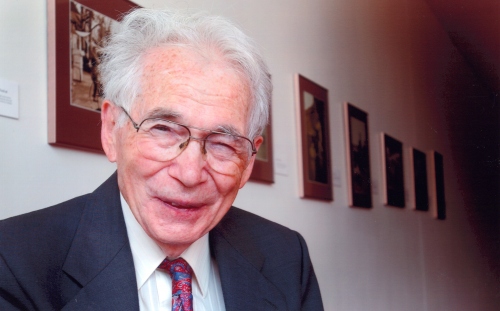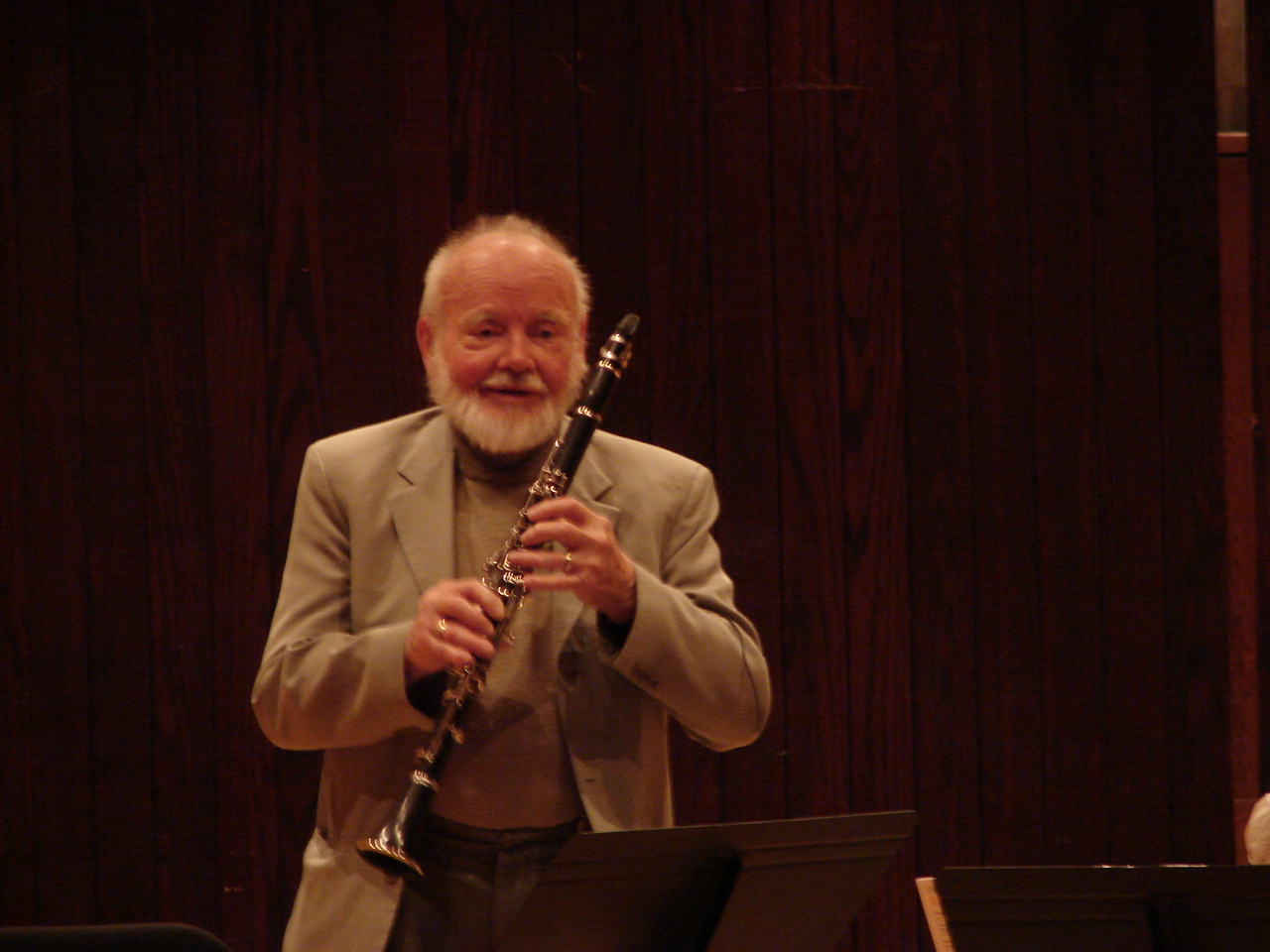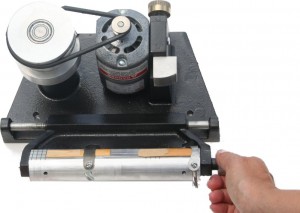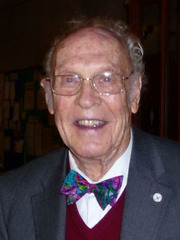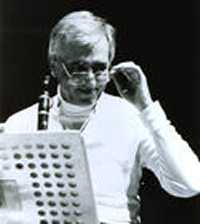Over the course of his long career, Voxman became one of the nation’s most well known and respected music educators. He was known to clarinetists and other musicians throughout the world through his numerous compilations and editions for wind instruments and bibliographies of wind instrument literature Many of the familiar Clarinet Methods and Advanced repertoire editions have been the training staple of Clarinetists worldwide from their student beginnings as players.
The Rubank Advanced Band Method, written by Voxman, is still considered a foundational instruction method series. In 2009 he was inducted into the Fine Arts category of the National Federation of State High School Associations National High School Hall of Fame.
During his years at the UI Voxman contributed to the School of Music’s reputation as a premiere music school, served as an advisor for more than 40 doctoral dissertations, and made countless contributions to the Rita Benton Music Library’s collections. His travels to European Libraries during the 1950s and 1960s to procure copies of original manuscripts are the basis for this collection.
It was under Voxman’s leadership that the School of Music received a Rockefeller grant to establish the Center for New Music, which has added another dimension of distinction to Iowa’s School of Music.
Voxman was born in Centerville, Iowa, in 1912, and paid for his education at the UI by teaching clarinet lessons to high school students. In 1933 he received a Bachelor of Science degree with high distinction in chemical engineering. He also received a Master of Arts degree in 1934 and in 1939 joined the faculty of the School of Music.
Voxman held many positions of honor and distinction during his career. He was the former vice-president of the National Association of College Wind and Percussion Instructors, and he held various offices in both the Music Educators’ National Conference and the Music Teachers’ National Association.
He served as Chairman of the Commission on Graduate Studies for the National Association of Schools of Music, and on the National Commission on Graduate Studies for the National Schools of Music, and on the National Commission for Accreditation of Teacher Education and Welfare, and the North Central Association of Colleges and Schools.
He was a field reader for music projects for the Department of Health Education and Welfare, and a member of the Academic Panel for cultural exchange projects for the United States Department of State.
He received citations and awards from Phi Mu Epsilon, Kappa Kappa Psi, Pi Kappa Lambda, Sigma Alpha Iota, Tau Beta Pi, Phi Lambda Upsilon and Sigma Xi. The Iowa Bandmaster’s Association presented him an Honorary Life Membership, and the Iowa Music Educators Association honored him with its Distinguished Service Award.
The Bell System awarded him its Silver Baton, and he held the Honorary Degree of Doctor from Coe College and a Doctor of Humane Letters from DePaul University.
He was a member of the UI Alumni Association and the UI Foundation’s Presidents Club.

